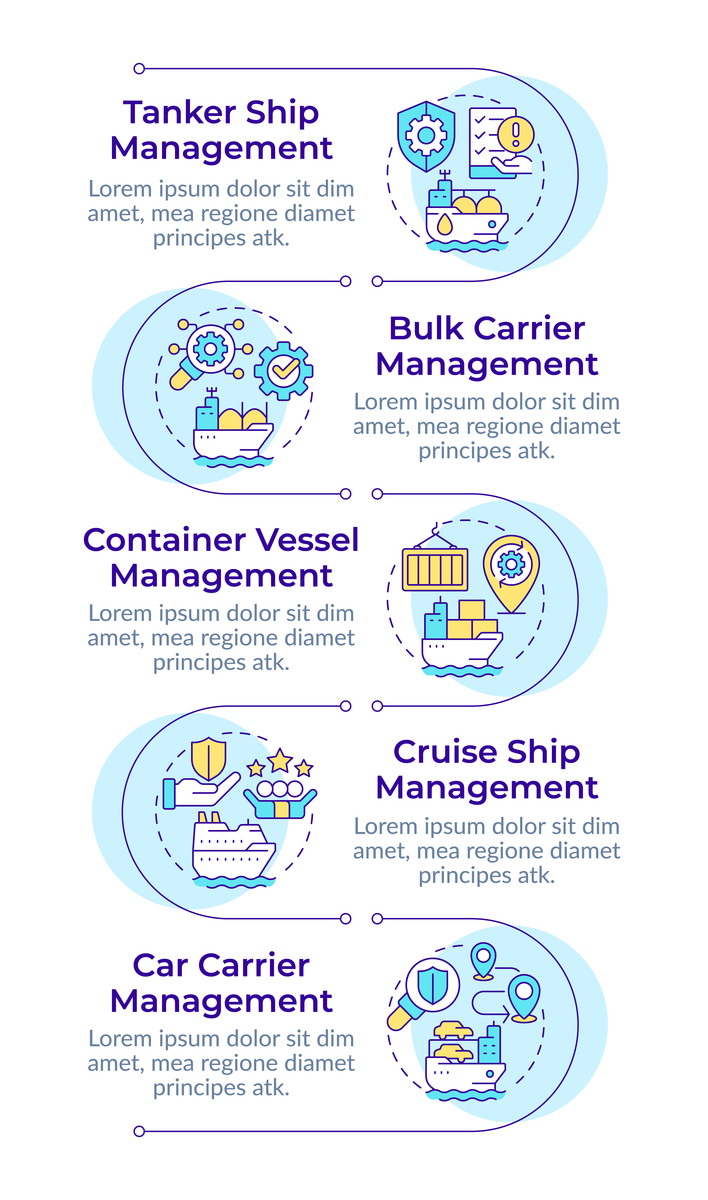Using translation software and AI programs such as Chat TPT is bad for overseas students studying in the UK Discuss1000words
Translation software and AI programs, such as Chat and TPT, have undoubtedly revolutionized the way we communicate and access information. They have made it easier for people from different linguistic backgrounds to overcome language barriers and interact with each other. However, when it comes to overseas students studying in the UK, these technologies may not always be beneficial. In fact, they can have several negative impacts on their academic experience and personal development.
One of the main issues with translation software and AI programs is the potential for inaccuracies and misunderstandings. Despite advancements in machine learning and natural language processing, these technologies are still far from perfect. They often struggle with complex sentence structures, idiomatic expressions, cultural nuances, and other linguistic intricacies. As a result, students relying solely on these tools may end up with translations that are incorrect or lack the intended meaning. This can lead to miscommunication, confusion, and ultimately, poor academic performance.
Moreover, translation software and AI programs can hinder the development of language skills and cultural understanding. When students rely heavily on these technologies, they become passive recipients of information rather than active learners. They miss out on the opportunity to practice their language skills, engage in meaningful conversations, and immerse themselves in the local culture. Language learning is not just about translating words; it involves mastering grammar, pronunciation, intonation, and context. By using translation software, students bypass the process of language acquisition and fail to develop these essential skills.
Furthermore, the overreliance on translation software and AI programs can lead to a lack of critical thinking and independent learning. These technologies provide instant answers and solutions, discouraging students from thinking deeply and critically about the subject matter. They become reliant on the software to provide them with information, rather than actively seeking it out themselves. This can hinder their ability to analyze, evaluate, and synthesize knowledge, which are crucial skills for academic success and personal growth.
Another issue is the potential for plagiarism and academic dishonesty. While translation software and AI programs can be useful for understanding texts written in a foreign language, they can also be easily exploited for unethical purposes. Students may use these tools to translate entire essays, assignments, or research papers without fully understanding the content. This not only undermines the integrity of their work but also violates academic principles and standards. It deprives students of the opportunity to engage with the material, express their own thoughts, and demonstrate their understanding of the subject.
Moreover, the use of translation software and AI programs can create a sense of isolation and alienation for overseas students. Language barriers are already a significant challenge for international students, and relying solely on technology can exacerbate this issue. Instead of interacting with native speakers, making friends, and immersing themselves in the local community, students may retreat into the comfort of their translation tools. This limits their social and cultural integration, hindering their personal development and overall experience in the UK.
Lastly, it is worth considering the long-term implications of relying on translation software and AI programs. While these technologies may provide temporary solutions, they do not address the underlying issue of language proficiency. International students studying in the UK are expected to improve their English language skills during their time here. By relying on translations, they miss out on the opportunity to fully immerse themselves in the language and culture, hindering their long-term language development.
In conclusion, while translation software and AI programs have their advantages in overcoming language barriers, they can have detrimental effects on overseas students studying in the UK. These technologies can lead to inaccuracies, hinder language and cultural development, discourage critical thinking, foster academic dishonesty, create a sense of isolation, and impede long-term language proficiency. It is essential for students to strike a balance between utilizing these tools and actively engaging in language learning and personal growth

原文地址: https://www.cveoy.top/t/topic/hKp3 著作权归作者所有。请勿转载和采集!